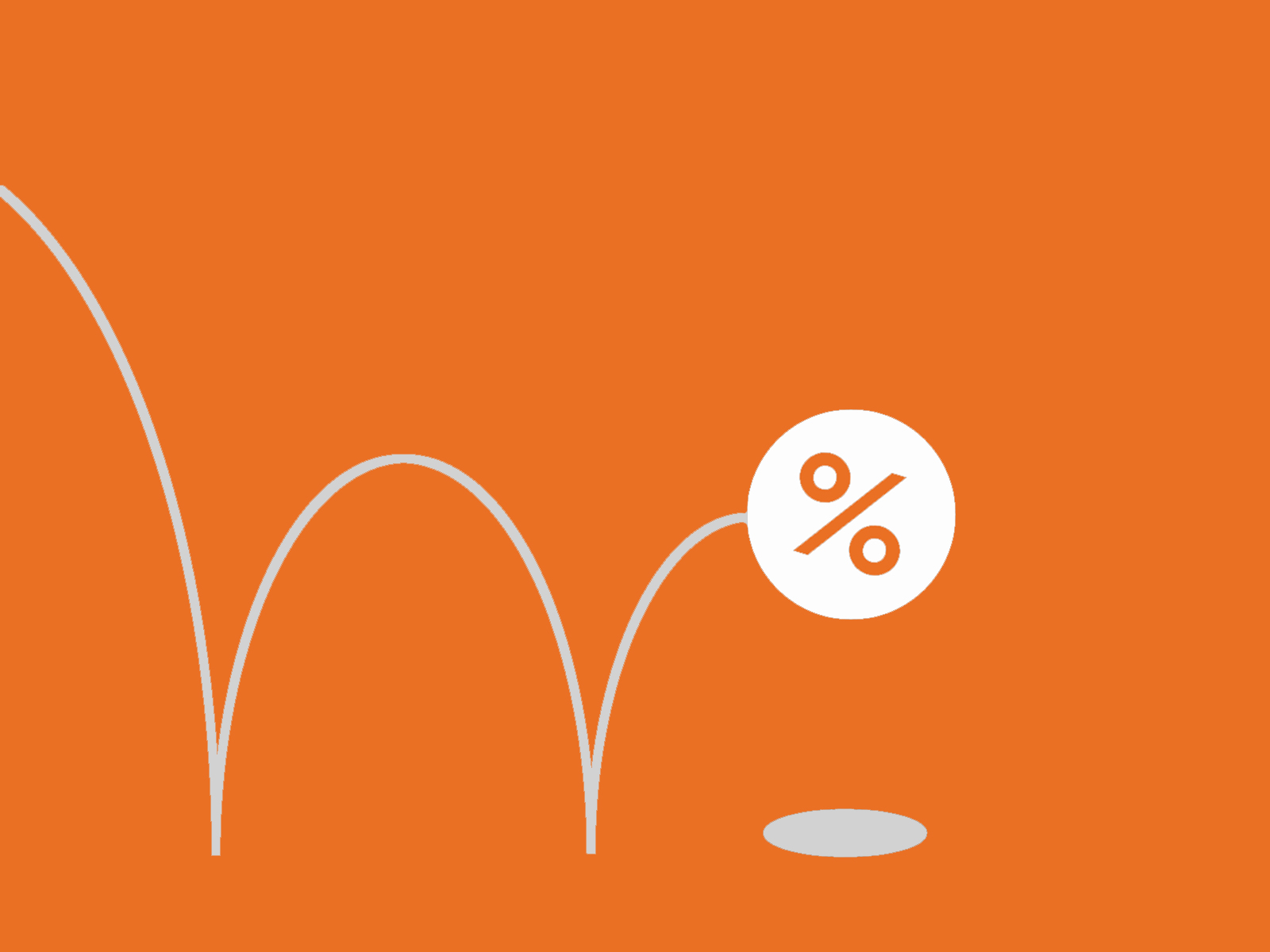So you're a homeowner. What's your next move?
Let's be honest, landing your first home was a huge accomplishment. You saved, worked hard, and finally got rewarded with the title of homeowner. That's awesome! But that's not where your story ends.
Here are several burning questions that might be on your mind about your potential next move.
1. What could rising interest rates mean for me?
Fixed Rate Mortgage: Well, let's consider what kind of mortgage you have right now. If yours is a fixed rate mortgage, then in your current circumstances, rising interest rates shouldn't impact you until the end of your mortgage term.
One of the key advantages to having a fixed rate is that it locks in your rate for the entire term. This protects you from having to face increased payment amounts as interest rates rise. Just keep in mind that when it's time to renew your mortgage, if rates have gone up significantly over your term, you could be facing a much higher new interest rate and payments that are harder to afford.
It's a good idea to make any prepayments you can while your rate is low, as a way to lower your mortgage amount at renewal time. And if you're able, build some savings between now and renewal time to further help your situation upon renewal.
Variable Rate Mortgage: It's a different story if you have a variable rate mortgage, in which case your interest rate would go up as rates rise, and your monthly payments might also increase as a result.
The Federal Government has already started helping Canadians prepare for a rising rate scenario, however. If you got your mortgage in 2018 or afterwards, you would have had to pass a stress test when you applied. Your lender would have checked to make sure you could afford a higher interest rate, which ideally would demonstrate that you can handle higher payments as interest rates climb.
If your situation has changed, though, or if there was no stress test when you got your mortgage, you might need to revisit your monthly budget to make sure you're able to manage higher monthly payments. There are a number of tools, resources and actions you can take to help you track your spending and manage your expenses.
2. I'm considering a reno. What are my financing options?
While many homeowners understand that a bit of DIY can come with the territory, renovating larger areas of your home can get expensive quickly. As long as you have a plan for what improvements you're looking to make, there are a few financing options to explore.
For example, remodeling a room in your home, adding new appliances, or replacing older flooring may all be things you could probably save up for, but for bigger projects, a loan might be a good financing option. You might be able to borrow the funds through a line of credit, through an unsecured loan, or by refinancing your mortgage. When asked about the topic of refinancing, here's what George Kibalian, Tangerine's Senior Manager of Retail Lending, had to say.
"If you have equity in your home, a line of credit that's secured against your home might be a good option to finance your renovations. As a secured loan, it could allow you to capture an attractive interest rate.
"If you don't have sufficient equity for that option, an unsecured line of credit or personal loan might be a good way to go, although the interest rate might not be as attractive."
Kibalian adds: "Depending on where you are in your mortgage, and if you have sufficient equity, a third option to explore might be refinancing. Your lender can help you run the numbers to see if the cost to break – or blend and extend – your mortgage and add funds as a way to provide the money for your renos would make sense."
There's one more important thing to consider. How long are you planning to live in your current home? If you'll be looking to move in less than five years, how much you want to spend on renovations and what you're willing to borrow to finance them might be based partially on the anticipated impact on your home's resale value. It might be worth speaking to a realtor first.
“Is this your forever home? If yes, great, make it look the way you like," says Kibalian. “If not, don't get to crazy with the colours and design."
3. Is it too soon to think about my next move?
Planning your next move in advance means you have more time to save up for increased expenses that might come with the move. And those expenses all come down to what you think your future will look like. Will you have a growing family and need a bigger home? Do you think you'll need to relocate to someplace where the cost of living will be higher?
Once you have a goal in mind, then you can take a look at how much equity you have in your current home. If your home has gone up in value since you bought it, that's great, but you'll want to think about the difference in price between what you sell for and what you buy for. The more equity you currently have, the easier it might be financially to make the transition. And sometimes waiting to make your next move until you pay down more of your mortgage is a good idea for that reason.
4. I'm thinking of renting out part of my home. What are the considerations?
First and foremost, this isn't legal everywhere, so you'll want to investigate with your municipality to ensure you can do it and find out what the stipulations are in your area.
If you have a green light to continue, make sure to have a plan for how long you'd like to be a landlord. Being responsible for a tenant comes with its own set of challenges and responsibilities. You'd need to make sure their basic needs are met, which include providing a safe, temperature-controlled space, with access to hot and cold water. So will your tenant have their own bathroom and kitchen or will you be sharing those spaces? Will you be making any repairs if needed or hire a property manager to assist you getting things done for your tenant?
Also, deciding how much rent to charge requires some research on property in your neighbourhood or a calculation based on the size of your home. But once you set the rent and it's agreed to in a lease, tenants have rights – enforced by institutions like the Landlord and Tenant Board in Ontario – that will prevent you from raising rent too high in the coming years.
And don't forget, the income you do make from collecting rent is taxable, too. That's why Fabio Bonanno, principal, taxation with CPA Canada said this in an article about the subject: “Once you start to go through all the considerations, small rentals can get quite complicated."
Be honest with yourself and really assess your situation before opening your home to a renter. Putting in the work upfront could make this opportunity a great source of income – or a huge headache, if you're not prepared.


